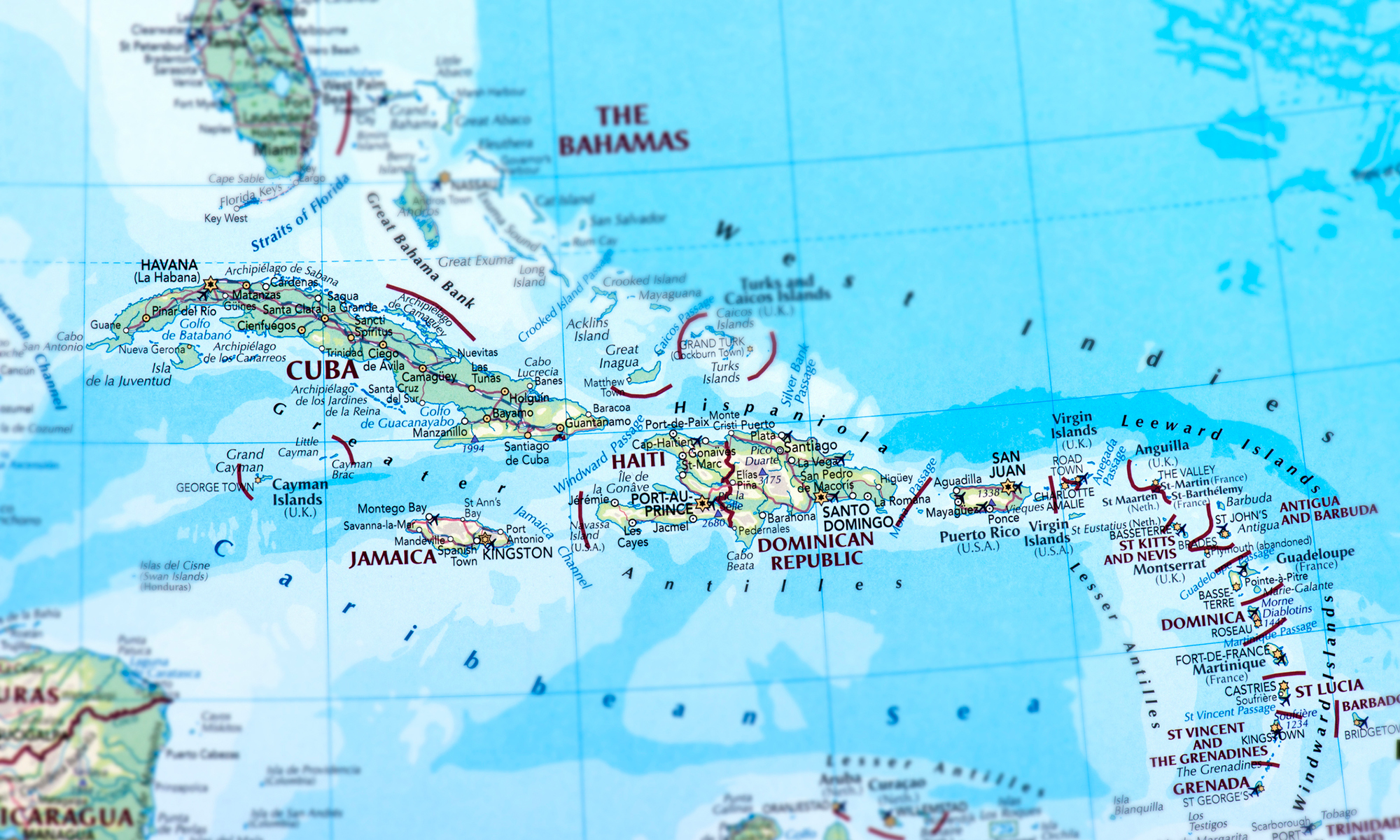On Friday, October 14, 2016, the U.S. Department of the Treasury’s Office of Foreign Assets Control (OFAC) and the Department of Commerce’s Bureau of Industry and Security (BIS) issued new amendments to the Cuban Assets Control Regulations (CACR) and Export Administration Regulations (EAR). OFAC is the federal agency responsible for enforcement of U.S. international economic sanctions. BIS is the federal agency responsible for developing export control policies, issuing export licenses, and prosecuting violations.
The Obama Administration is making these amendments in further support normalizing bilateral relations with Cuba. The objective of the new rules is to facilitate greater engagement between the United States and Cuba across multiple sectors. The OFAC and BIS regulations were previously amended on January 16, June 15, and September 21, 2015, and January 27 and March 16, 2016 to implement President Obama’s policy to further engage and empower the Cuban people.
“President Obama’s historic announcement in December 2014 charted a new course for a stronger, more open U.S.-Cuba relationship,” said Treasury Secretary Jacob J. Lew. “The Treasury Department has worked to break down economic barriers in areas such as travel, trade and commerce, banking, and telecommunications. Today’s action builds on this progress by enabling more scientific collaboration, grants and scholarships, people-to-people contact, and private sector growth. These steps have the potential to accelerate constructive change and unlock greater economic opportunity for Cubans and Americans.”
“These amendments will create more opportunities for Cuban citizens to access American goods and services, further strengthening the ties between our two countries,” said U.S. Secretary of Commerce Penny Pritzker.
Among other things, the new amendments add and expand authorizations of transactions related to Cuban-origin pharmaceuticals and joint medical research, trade and commerce, civil aviation safety-related services, travel to Cuba, and humanitarian services designed to directly benefit the Cuban people. Some of the changes, which go into effect on October 17, 2016, are:
- Cuban-developed pharmaceuticals will be able to gain approval by the US Food and Drug Administration (FDA). The FDA-approved Cuban-origin pharmaceuticals can be imported, marketed, sold and distributed in the United States.
- Americans will be allowed to engage in joint medical research projects with Cuban nationals. Both non-commercial and commercial research projects will be permissible.
- Americans engaged in approved health-related activities will be allowed to open and maintain bank accounts in Cuba for use in conducting the authorized busines
- Americans will be permitted to enter into certain contingent contracts for trade with Cuba.
- Americans who travel to Cuba will no longer be limited to bringing back goods worth up to $400, including $100 worth of tobacco and alcohol. OFAC is removing the monetary value limitations on what authorized travelers may import from Cuba into the United States. Normal limits on Americans’ importation of foreign products for personal use will apply to U. S. Citizens traveling from Cuba. OFAC is also removing the prohibition on Americans purchasing and bringing into the United States for personal use Cuban products obtained while traveling in third countries. Similarly, foreign travelers may bring Cuban-origin alcohol and tobacco products into the United States for personal use.
- OFAC will waive the restriction prohibiting foreign vessels from entering a U.S. port for purposes of loading or unloading freight for 180 days after calling on a Cuban port for trade purposes.
- BIS will generally authorize air cargo to transit Cuba. The amended regulations allow cargo aboard aircraft bound for destinations other than Cuba to transit Cuba under a license exception.
- BIS will authorize exports of certain consumer goods that are sold online or through other means directly to eligible individuals in Cuba for their personal use.
- Americans will be allowed to provide civil aviation safety-related services to Cuba and Cuban nationals.
The Treasury regulations 31 Code of Federal Regulations (CFR), part 515, are available by clicking here. The Commerce regulations 15 CFR parts 730-774, are available by clicking here.
Jose A. Aquino (@JoseAquinoEsq on Twitter) is a special counsel in the New York office of Duane Morris LLP, and a member of the Duane Morris Cuba Business Group. This blog is prepared and published for informational purposes only and should not be construed as legal advice. The views expressed in this blog are those of the author and do not necessarily reflect the views of the author’s law firm or its individual attorneys.
